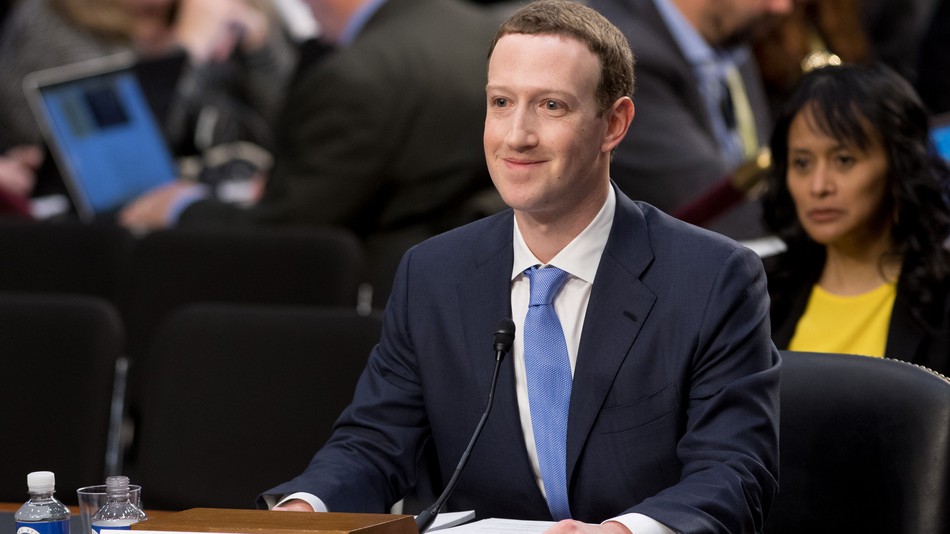
For somebody whose whole fortune relies upon internet publicizing, Mark Zuckerberg beyond any doubt is hesitant to discuss it.
Through the span of his Tuesday declaration before a joint knowing about the Senate Judiciary and Commerce Committees, Facebook’s CEO was asked by Sen. Roger Wicker (R-Miss.) regardless of whether the organization can track clients notwithstanding when they have logged out of the administration.
“There have been reports that Facebook can tracks a client’s web perusing movement even after that client has logged off of the Facebook stage,”
expressed Senator Wicker.
“Would you be able to affirm regardless of whether this is valid?”
The organization can, obviously, track non-clients of its stage by means of social modules and treats. In February of this current year a Belgium court decided that this training was unlawful. Also, in 2015, a gathering of scientists expressed “Facebook clients who are logged-out from Facebook are as yet being followed through the social modules.”
In any case, Zuckerberg didn’t have a craving for discussing this, obviously.
Zuckerberg hems and haws when asked if Facebook tracks users even after they’ve logged off. pic.twitter.com/m55qBoGmOS
— Mashable News (@MashableNews) April 10, 2018
“Representative, I need to ensure I get this exact so it would presumably be smarter to have my group follow up a short time later,”
he answered.
“You don’t have the foggiest idea,”
asked Wicker.
“I realize that individuals utilize treats on the web, and that you can presumably connect action between, um, between sessions,”
reacted Zuckerberg.
“We do that for various reasons, including security and including estimating promotions to ensure that the advertisement encounters are the best.”
So Zuckerberg said his organization corresponds action between sessions, yet he didn’t get into the specifics of what precisely that implies. Does that mean movement occurring between sessions, i.e. at the point when a clients is logged out? It’s not precisely clear what he was getting at, which was perhaps the point.
What we do know, in any case, is that in July of 2017 a U.S. judge expelled a case asserting that Facebook was following clients after they had logged out. In particular, revealed The Guardian at the time, judge Edward Davila rejected the case in light of the fact that the organization’s “interruption could have effectively been blocked, however offended parties picked not to do as such.”
As such, the judge didn’t state Facebook wasn’t doing it, yet rather that it the offended parties could have avoided it.
With the goal that gives off an impression of being your answer, Senator Wicker. Make sense of it, and stop it, all alone.
Original article by Jack Morse